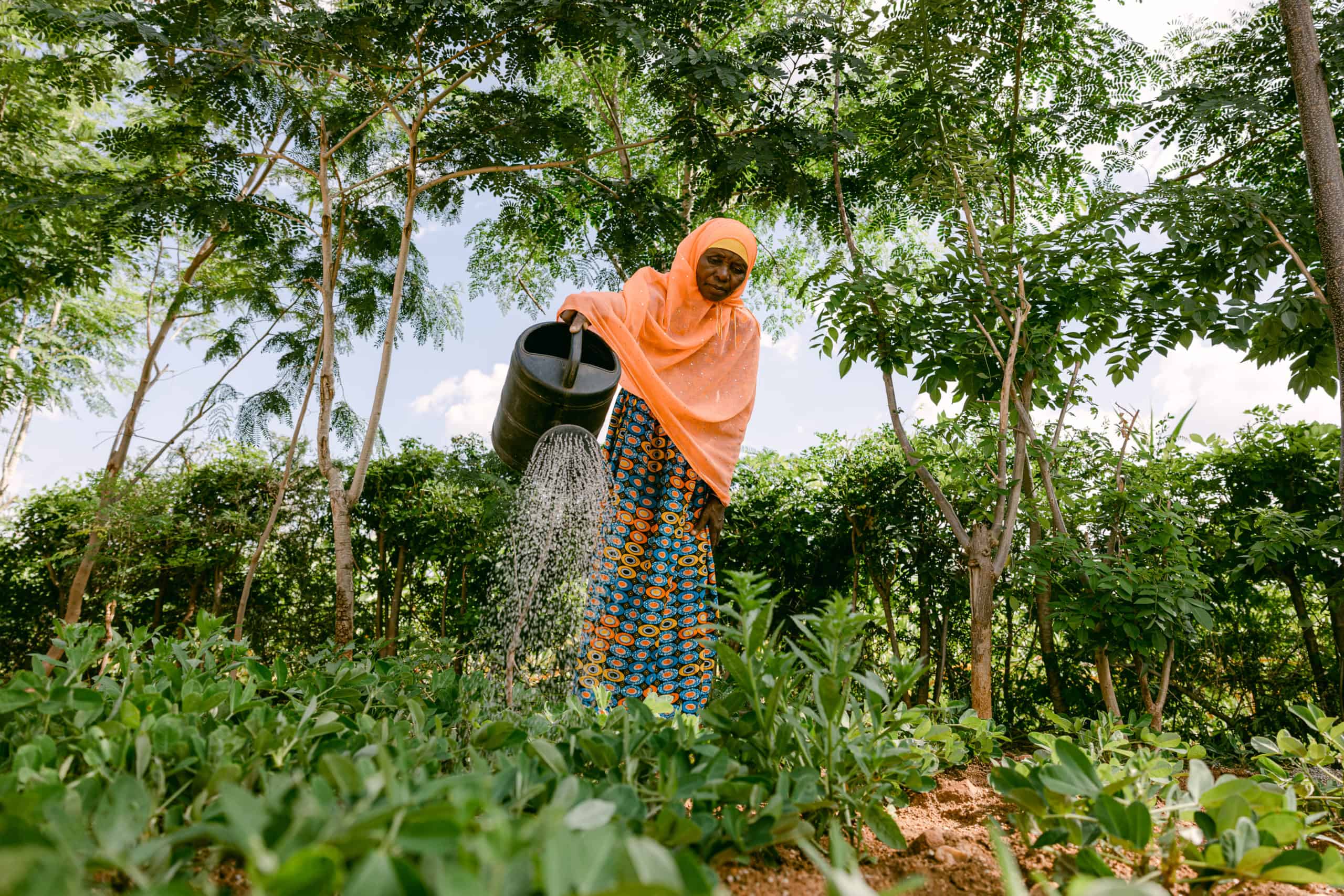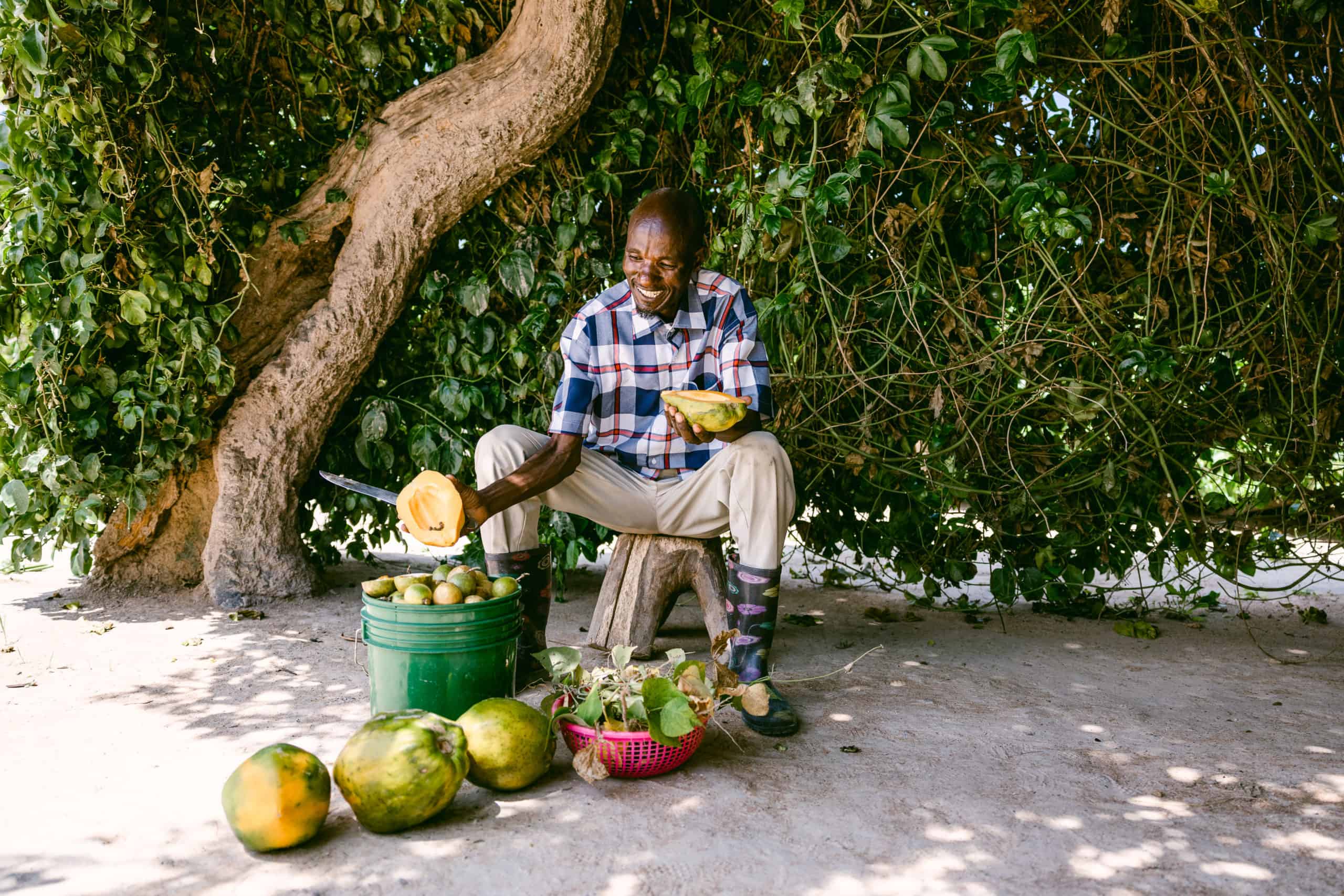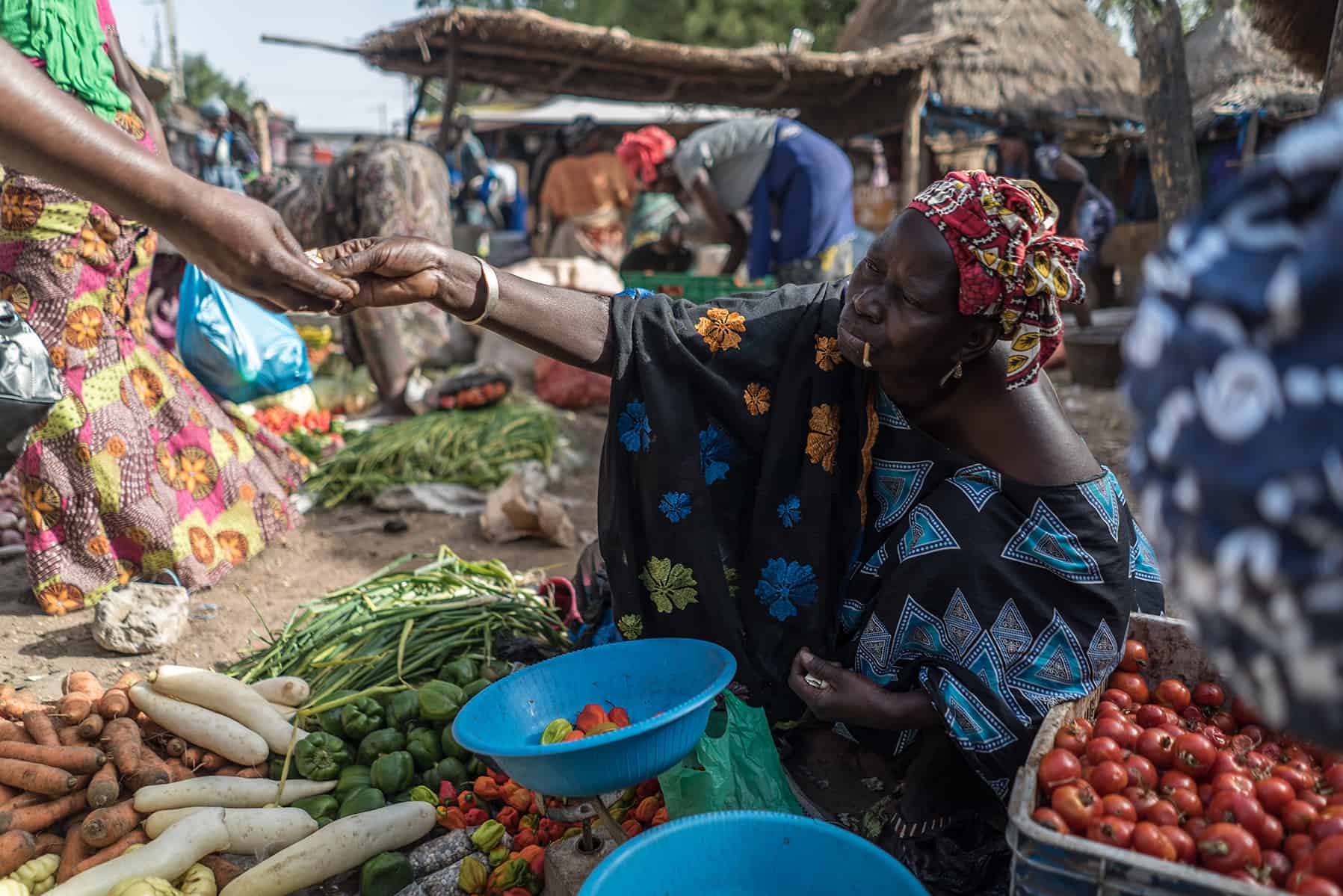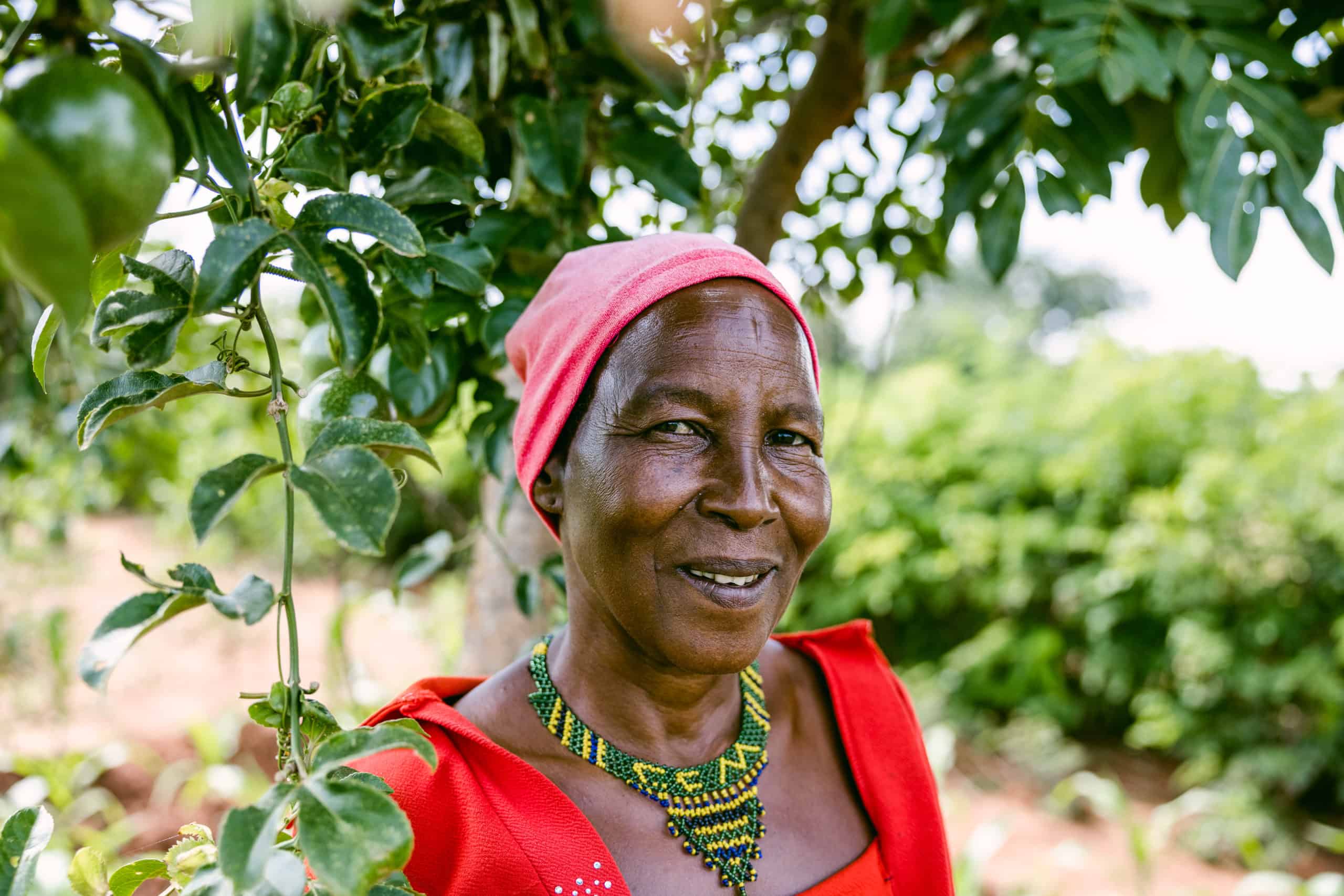
Our Work
What we do
We provide hands-on agroforestry training and resources to farming communities. By embracing sustainable land practices, farmers are reclaiming their agency, breaking the cycles of climate change and generational poverty, and rebuilding our food systems from the ground up.
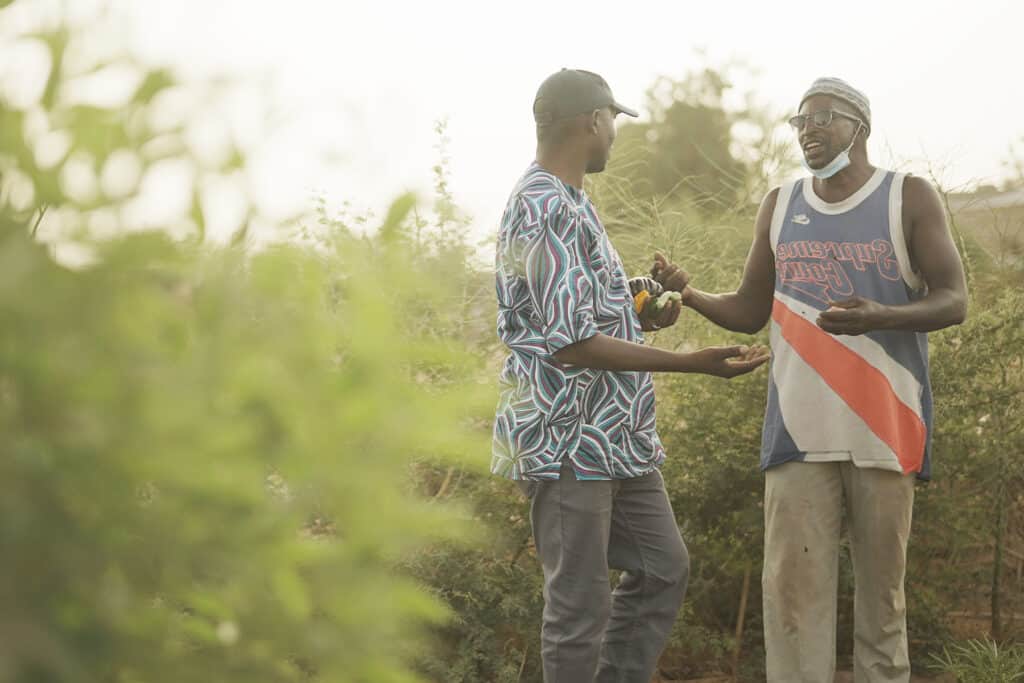
How we do it
Training for lasting impact
We train farmers in our signature methodology: the Forest Garden Approach. Emphasizing agroforestry and thoughtful land management, we give farmers the resources and knowledge they need to succeed.
Why Trees?Where we work
Trees for the Future (TREES) is currently working with thousands of farming families across five countries in sub-Saharan Africa. Over our 30+ year history, we’ve worked around the globe. In 2014, we focused our work in select African countries, where the climatic and economic challenges were most pressing and we could make the greatest impact.
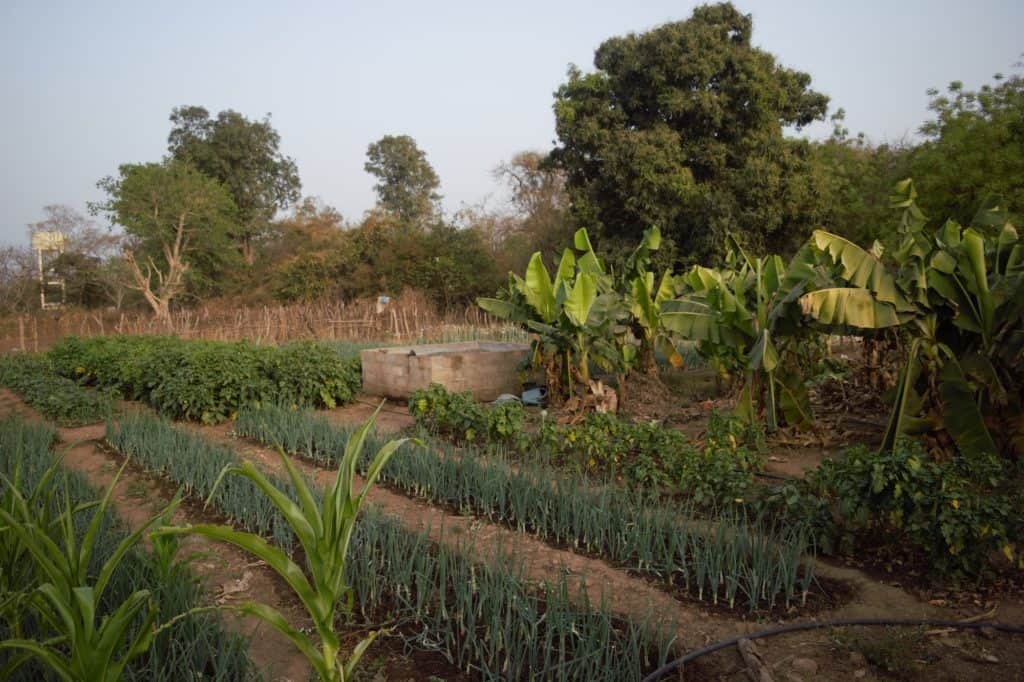
Our Lake Victoria Carbon Project
Our Carbon Project uses VERRA methodology with CCB to develop and monitor VCUs with farmers on 75,000 hectares of land along the shores of Lake Victoria in Kenya.
Learn MoreStories from the field
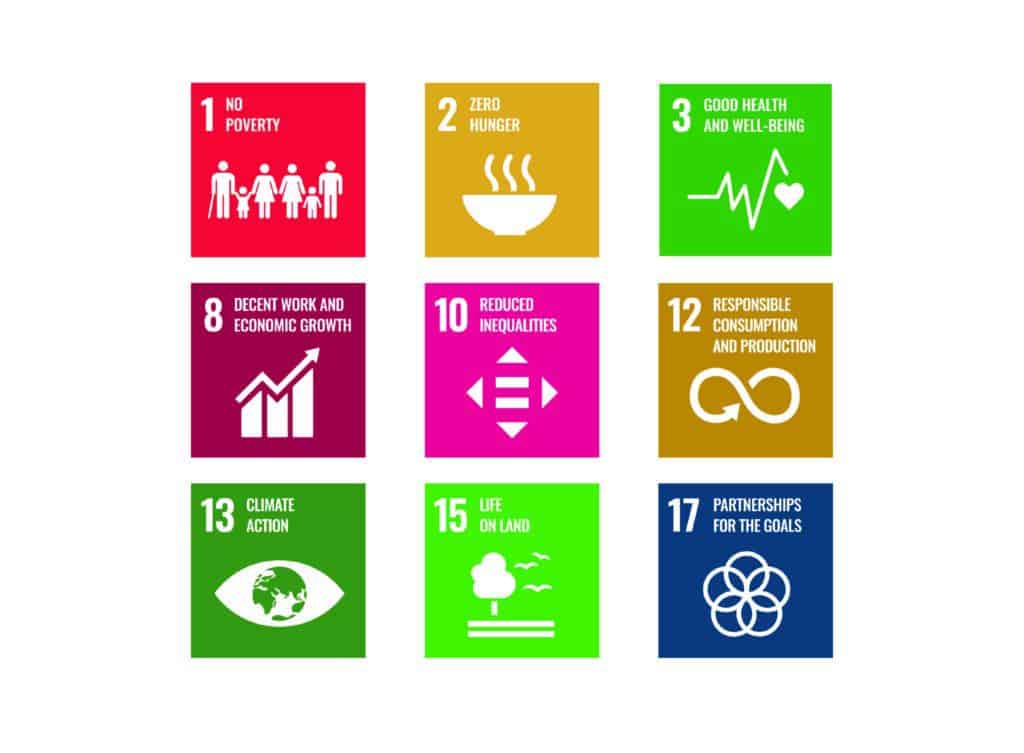
2030
Sustainable Development Goals
Trees for the Future’s work in agroforestry impacts more than you might think. In fact, the Forest Garden Approach meets NINE out of seventeen of the United Nation’s Sustainable Development Goals.
Learn moreOur Impact
Explore years of work and impact in our annual impact reports.
Impact Reports